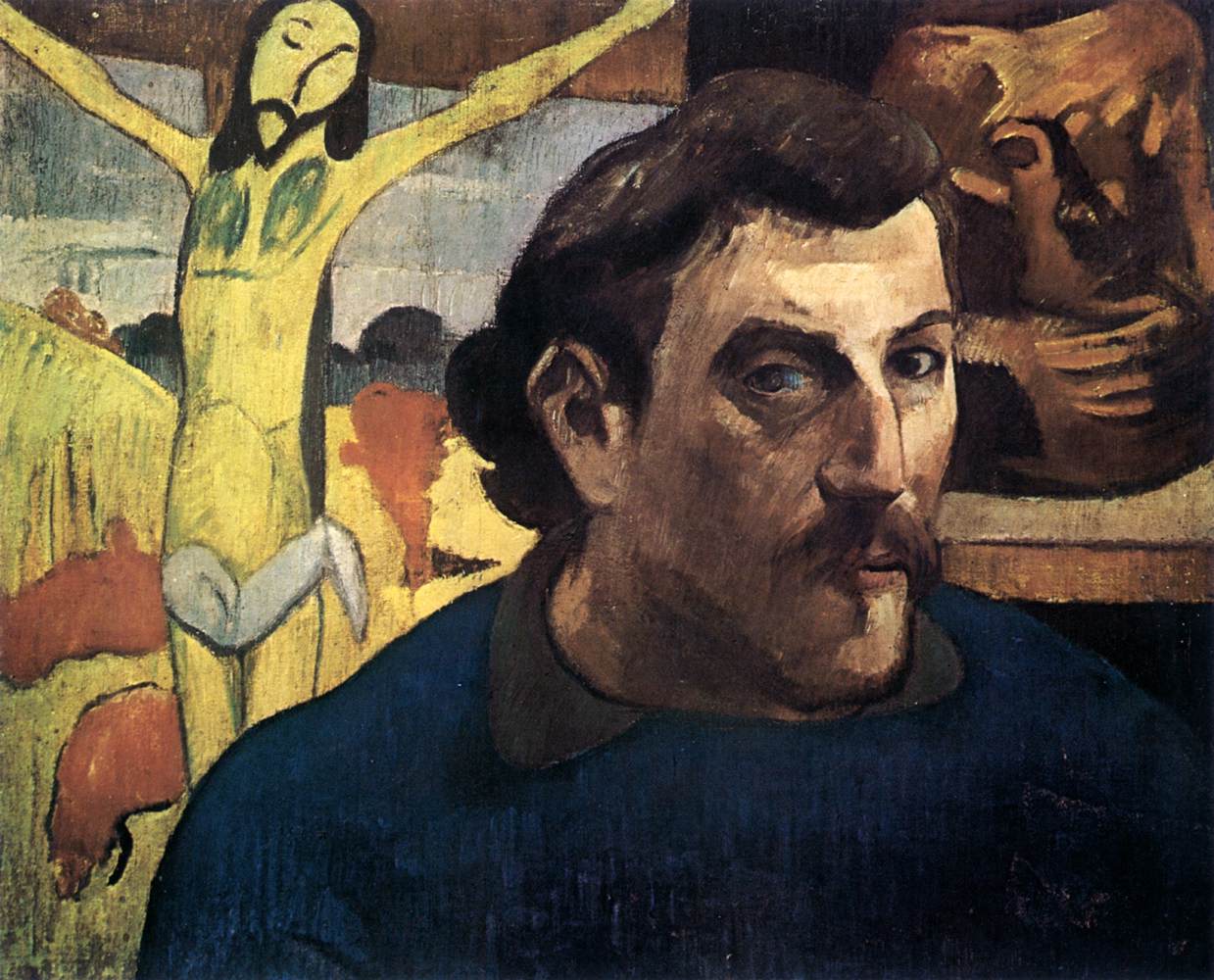Description
The painting "Self-Portrait with Yellow Christ" by Paul Gauguin is a masterpiece that perfectly combines his artistic style and his own image. The composition of the painting is very interesting, as the artist stands in the center of the work, surrounded by a dark background and a yellow Christ figure to his right.
The color in this painting is very vibrant and striking, with warm, saturated tones that highlight the figure of Gauguin and the image of Christ. The artist uses a loose, gestural brushwork technique that gives the work a sense of movement and energy.
The history of this painting is fascinating, as it was created in 1889, during Gauguin's stay in Tahiti. The artist was in a moment of personal and spiritual crisis, and was inspired by the figure of Christ to explore themes such as religion and identity.
A little known aspect about this painting is that Gauguin painted it in two different versions, one in which he is seated and one in which he is standing. The seated version is in the Musée d'Orsay in Paris, while the standing version is in the National Gallery in London.
In conclusion, "Self-Portrait with Yellow Christ" is an impressive work of art that combines Paul Gauguin's technique and style with his own image and his exploration of deep and spiritual themes. Its composition, color and history make this painting a unique and interesting work of art.

